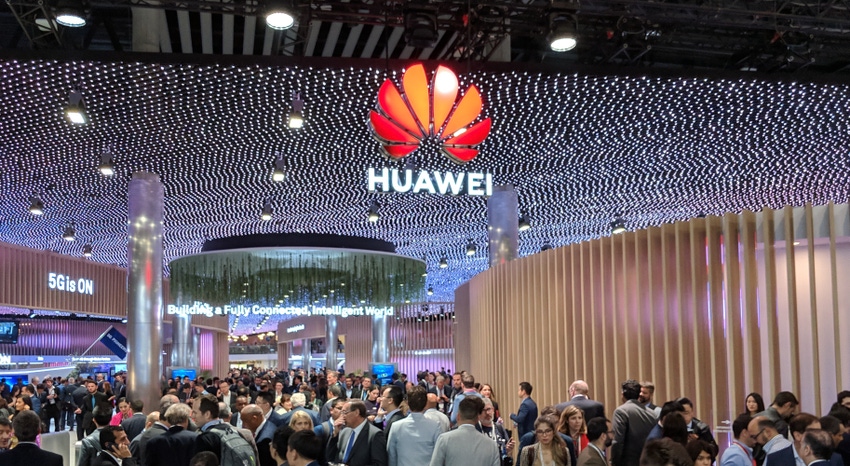Huawei responds to study questioning who really owns it
A recent academic study cast doubt on Huawei’s claim to be owned by its employees, but Huawei itself says the conclusions are “completely unsubstantiated”.
April 18, 2019

A recent academic study cast doubt on Huawei’s claim to be owned by its employees, but Huawei itself says the conclusions are “completely unsubstantiated”.
The study, which Telecoms.com reported on earlier this week, is called “Who Owns Huawei” and is written by a couple of Professors. It claims to use publicly available data to call into question Huawei’s ownership and therefore who ultimately controls it. In the context of all the heat Huawei is getting from the US and its allies, which are calling into question its closeness to the Chinese state and thus whether or not the presence of its kit in Western networks constitutes a security risk, this is a very sensitive topic for the vendor.
It’s hardly surprising, therefore, that Huawei felt moved to respond to our report. We have reproduced the statement it provided to us in its entirety below and will conclude with some analysis.
“This report, released by Professor Christopher Balding and Professor Donald Clarke, was based on unreliable sources and speculations, without an understanding of all the facts. They have not verified the information in the report with Huawei, and their conclusions are completely unsubstantiated. Huawei is a private company wholly owned by its employees. No government agency or outside organization holds shares in Huawei or has any control over Huawei.
“Through the Union of Huawei Investment & Holding Co., Ltd, Huawei implements an Employee Shareholding Scheme that complies with applicable laws and regulations. The Representatives’ Commission is the organization through which the Union fulfills shareholder responsibilities and exercises shareholder rights. As Huawei’s highest decision-making body, the Representatives’ Commission elects members of the Board of Directors and the Supervisory Board.
“In addition, the Commission makes decisions on important company matters, like capital increases, issuance of new shares, and profit distribution. Members of the Representatives’ Commission are elected by shareholding employees that have the right to vote. Daily operations of the Representatives’ Commission, Board of Directors, and Supervisory Board, including the selection of their members, comply with Huawei’s Articles of Governance.
“They do not report to any government agency or political party, nor are they required to do so. We welcome experts and researchers who have an interest in this topic to visit Huawei’s exhibition hall of shares and exchange their thoughts and ideas.”
The first couple of sentences are fairly standard PR FUD, which seek to undermine the integrity of the study without addressing any of its points. Then, while the report doesn’t directly claim the government owns or controls the company, the statement quickly moves to address that question regardless, which is telling. This paragraph taken from the conclusions of the original study is the closest it gets to such a claim.
“If Huawei Holding is in fact controlled by a trade union committee, then given the way such bodies are supposed to operate in China, it makes sense to think of it as state-controlled and even state-owned. If the formal picture does not represent reality, then Huawei, which controls the relevant information, can clarify this.”
The Huawei statement is presumably an attempt at clarification but it still leaves some important questions unanswered. The key section concerns how the Representatives Commission, which seems to control the company, is elected. “Members of the Representatives’ Commission are elected by shareholding employees that have the right to vote,” we are told.
So who are these shareholding employees that have the right to vote? How many of them are there and how do we know what, if any, political affiliations they have? If only some shareholders get a vote, how are they selected? Maybe the answers lie in this ‘exhibition hall of shares’ the Huawei statement speaks of, but if so why not make that information more broadly available?
It’s hard to know how transparent Huawei needs to be to put an end to speculation about its relationship with the Chinese state. Maybe it needs to be as open as a Western public company, but there surely needs to be some possible path to redemption and the US could do with being more transparent about what form that might take too.
About the Author(s)
You May Also Like








.png?width=300&auto=webp&quality=80&disable=upscale)


_1.jpg?width=300&auto=webp&quality=80&disable=upscale)


.png?width=800&auto=webp&quality=80&disable=upscale)